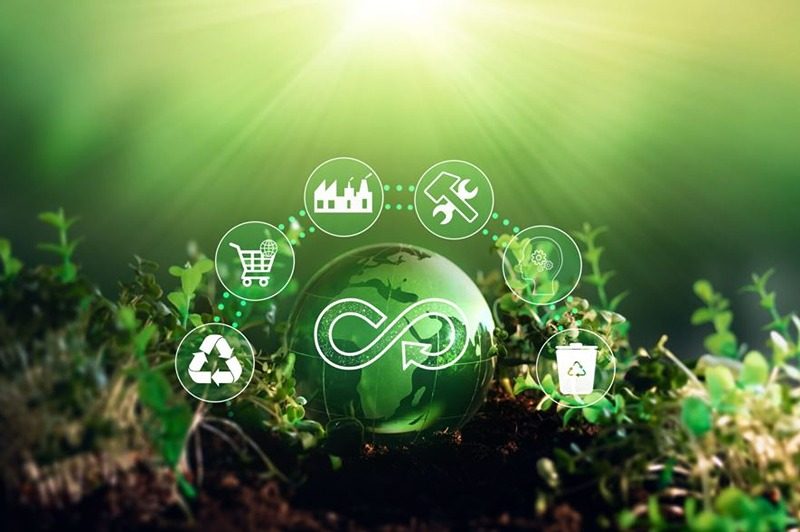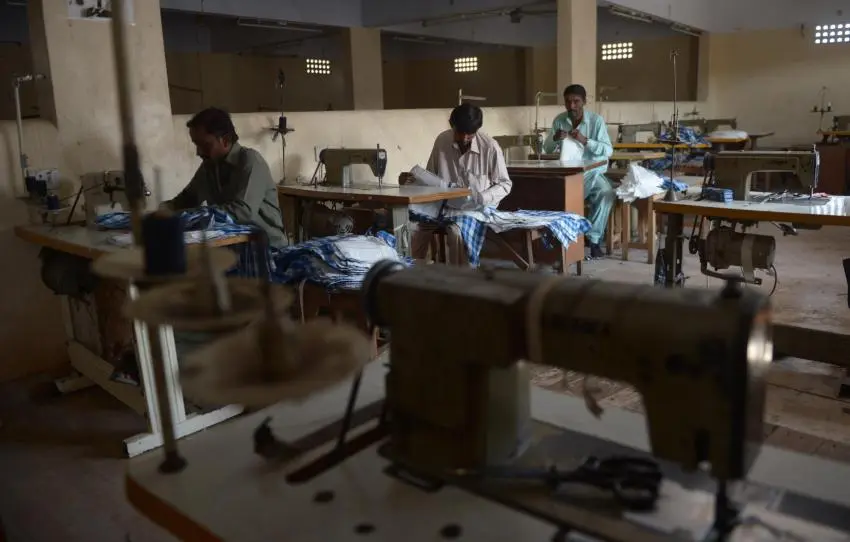No less than 326 million tonnes of waste are produced in France every year. In view of this staggering figure, it's high time for households and businesses to rethink their behaviour. That's the aim of the awareness campaign known by the hashtag #LesBonnesHabitudes. Through this initiative, the French are being encouraged to reduce their everyday waste, to give objects a second life and, of course, to recycle. This winning trio forms the pillars of better waste management and more responsible consumption.
Reducing our waste
Reducing waste is an important step in an eco-responsible approach. How do you go about it? By considerably limiting the use of non-recyclable products that are harmful to the environment, and by choosing items that generate less waste.
Furthermore, in order to put an end to over-consumption and reduce the production of unnecessary waste, it is always advisable to use only the minimum quantity of material required. For companies, this means reducing the use of single-use plastics, plastic packaging, organic waste, PET products and other items known for their harmful effects on the environment.
Finally, these few simple actions go a long way towards reducing waste production:
- Avoid seasonal products;
- Favour pre-ordered products;
- Give preference to repairable items;
- Focus on quality and sustainability;
Adopting these behaviours on a daily basis helps to reduce the amount of waste that ends up in landfill sites and, by extension, the ecological impact it generates.
Reusing our objects
Using materials once before throwing them away has become commonplace since the rise of plastic. Businesses and consumers alike have developed this 'throw-away' culture, with the result that more than 12 million tonnes of plastic are left at the bottom of the oceans every year. The world needs to re-evaluate the way it consumes in order to overcome this plastic crisis, hence the importance of the concept of 'reuse'.
For companies, this means reusing supplies and other objects as much as possible instead of buying new ones (e.g. using an old cardboard box as a storage or archive box). And for those who use single-use kitchen utensils in the canteen, it's high time to turn to eco-responsible solutions by opting for compostable or reusable products.
For households, reusing an object means rethinking its life cycle. Instead of throwing it in the bin, it's important to look at a better way of giving it a second chance. Maintenance, repair, exchange and donation are just some of the more environmentally-friendly alternatives to throwing something away. And don't hesitate to use second-hand objects.
Recycling what we throw away
What should we do with items that we can't reuse? It's out of the question to just throw them away willy-nilly: they need to be sorted and recycled.
This method involves transforming waste materials and reintroducing them into the manufacturing process for new products. In other words, it's all about adding value to waste. Recycling not only conserves natural resources, but also reduces the pollution caused by dumping waste into the environment or incinerating it.
PET plastic bottles are transformed into polyester yarns. These are then used to make high-quality sportswear.
The Subli Sport vision
Faced with the urgent need to protect the environment from plastic pollution, SubliSport is resolutely committed to sustainability. Here are the pillars of our approach:
- Ecological responsibility : Recognising the impact of the increasing use of polyester, we are committed to transforming our production practices. Already, 80% of our technical fabrics come from recycled materials, and we aim to reach 100% by innovating with our suppliers to find sustainable alternatives for even the most complex fabrics.
- Active contribution : As well as reducing our carbon footprint, we are proud to donate 1% of our sales to the community. 1% for the Planetunderlining our commitment to preserving the environment.
- Tailor-made solutions: We offer clubs, associations and businesses the opportunity to create personalised shops, promoting print-on-demand. This approach minimises waste, eliminates the need for storage and avoids surplus, aligning our production practices with the principles of the circular economy.
At SubliSport, every action is guided by our profound belief in a greener future. We invite you to join us in this journey, to adopt sports equipment that respects both your performance and the planet. Find out more about our commitments and how you can be part of this movement towards sustainability.

